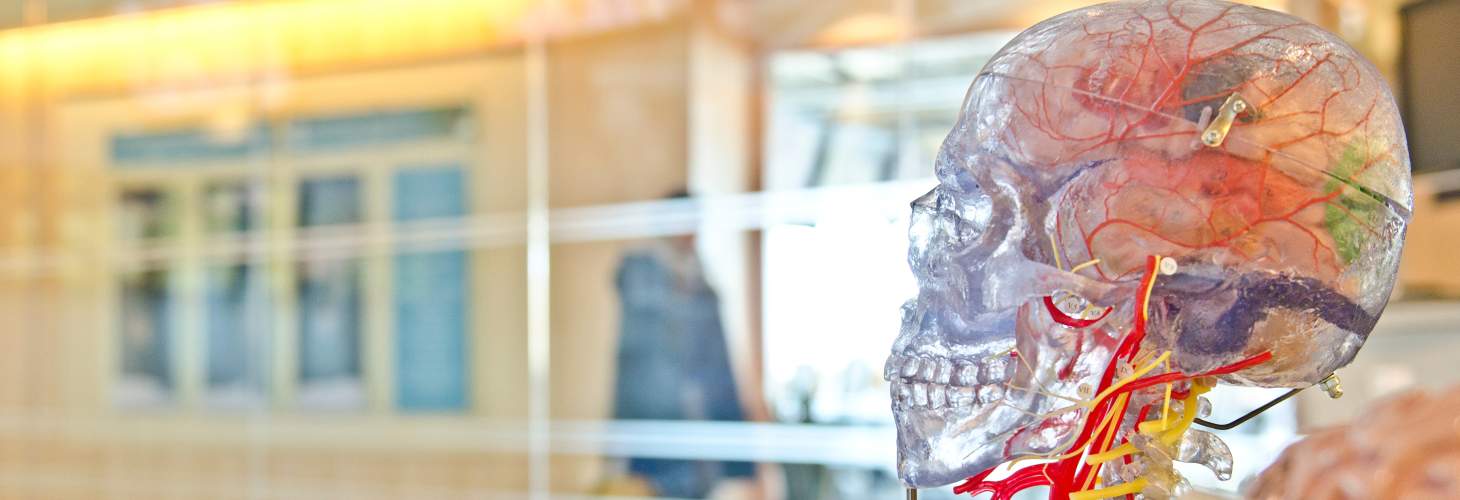
Cognitive Science
Jesse Berlin, Cognitive Science Alumnus“Learn to question what you think…”
Our program seeks an understanding of perception, language, reasoning and consciousness by drawing on work in computer science, linguistics, human biology, philosophy and psychology.
Outside all the boxes
Our students are encouraged to excel in the field’s sub-disciplines, but are also rewarded for thinking outside of these disciplinary boxes to synthesize their learning and enrich their understanding. As alumnus Jesse Berlin observed, “Cognitive Science is about the hard problems of tomorrow and today. It's where you learn to question not only what you think and how you think, but also what thinking is. It's utterly fascinating."

Diverse Curriculum
In addition to dedicated Cognitive Science courses, our curriculum comprises a blend of mind-related courses in Computer Science, Human Biology, Linguistics, Philosophy, and Psychology.

Flexible Programs
Cog Sci is offered as either an arts or science major, each with a choice of streams tailored to your intellectual and career interests. Arts streams include Perception and Attention, Language and Cognition or Thinking and Reasoning; Science streams include Computational Cognition or Cognition and the Brain.

An Expanding Field
The Cognitive Science program is fast-growing -- enrolment is up 76 per cent since 2009! We strive to enhance scholarship and travel opportunities for students and to foster outreach programming such as our biennial undergraduate conference, “Interdisciplinary Symposium on the Mind.”
News
have discovered a link between our aesthetic preferences and the amount of energy used by our brains to process what we see.
“Usually, people think we like specific images because of their cultural meanings, or specific signals we receive from them,” says Yikai Tang, “in this research, we look at the more objective measure of energy consumption to really quantify the processing cost of what we see and find pleasurable.”




Student Initiatives
All of our students are entitled to membership with CASA (Cognitive Science and Artificial Intelligence Students’ Association). CASA aims to bring together anyone in the U of T community interested in the study of the mind.
The University of Toronto Interdisciplinary Symposium on the Mind (UTism) is a biennial conference offered by CASA to explore an array of topics in cognitive science and related disciplines.


